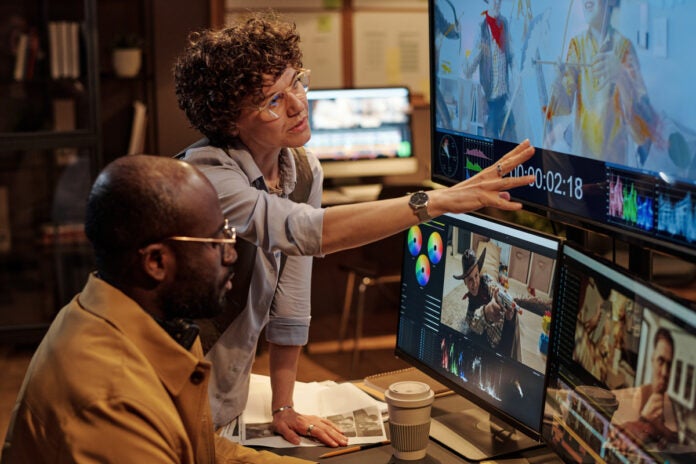Creators increasingly concerned about AI producing derivative copies from their work may have gained a strong ally — the U.S. Copyright Office.
AI companies are hungry for data, arguing that the more information their models can digest, the more useful they will be. This has resulted in companies like OpenAI facing lawsuits from creators insisting that their AI models were trained on their copyrighted work without permission.
While creators are arguing that unpermitted use of their copyrighted work infringes on their rights, AI companies say they haven’t violated copyright laws, since the training falls under fair use. This heated battle has prompted the U.S. Copyright Office to enter the fray with the latest version of a Copyright and Artificial Intelligence report focused on Generative AI Training issued on May 9, 2025.
“Various uses of copyrighted works in AI training are likely to be transformative,” the report said. “The extent to which they are fair, however, will depend on what works were used, from what source, for what purpose, and with what controls on the outputs — all of which can affect the market.”
The report challenged the idea that any use of copyrighted material for AI training automatically constitutes fair use. For instance, while training AI models for academic research would be fair use, training them on copyrighted works for expressive commercial use wouldn’t. The reasoning is that these derivative creative works would compete with the original creators and dilute the market value of the original content.
Another claim AI companies use that the report dismissed was that AI training is no different than human learning, concluding that AI replication of copyrighted creative works cannot be equated to the human cognitive processes.
Impact of the Copyright Office’s report
The report is expected to have a profound impact on the decisions of copyright lawsuits between content creators and AI companies, including Google, Meta, OpenAI, and Microsoft.
Reports indicate that the AI industry lobbying influenced political pressure on the Copyright Office following the report’s release. On May 10, 2025, Register of Copyrights Shira Perlmutter was dismissed, within days of the report’s release, raising questions of political retaliation.
“Donald Trump’s termination of the Register of Copyrights, Shira Perlmutter, is a brazen, unprecedented power grab with no legal basis,” a statement issued by Democrat New York Rep. Joe Morelle said. “It is surely no coincidence he acted less than a day after she refused to rubber-stamp Elon Musk’s efforts to mine troves of copyrighted works to train AI models,” Morelle added.
